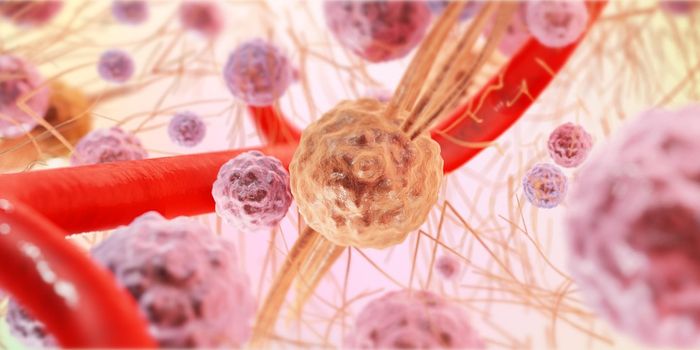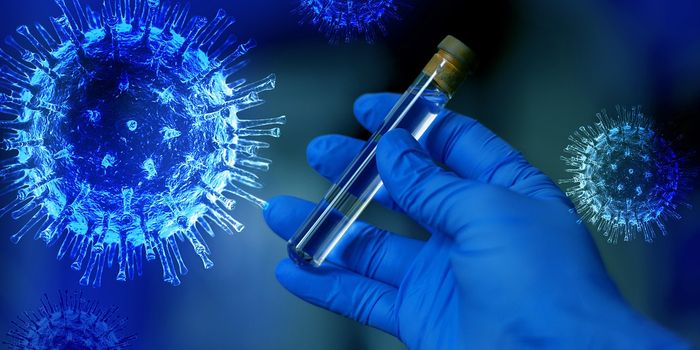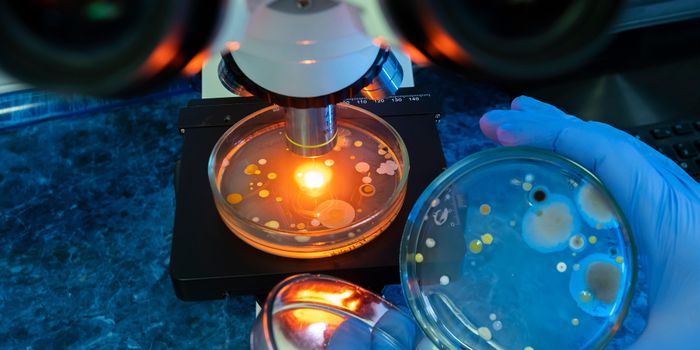Genetic Mutation Provides Protection from Malaria
A supposedly rare genetic mutation that provides protection from malaria is actually present in one-third of people of African descent. A new study from the Scripps Research Institute shows how the mutation thwarts the invasion of the malaria parasite in a mouse model of disease.
Malaria is a disease spread by the Anopheles mosquitoes, caused by a parasite called Plasmodium that first infects liver cells before invading and killing blood cells. A person infected with malaria experiences fever, chills, and flu-like illness. Experts estimate that there were 216 million cases of malaria worldwide in 2016 and 445,000 deaths.
Sickle cell disease is also caused by a genetic mutation that protects against malaria. This mutation leads to abnormally shaped red blood cells, which makes it harder for the malaria parasite to invade them. In sickle cell disease, hemoglobin, a protein in red blood cells which normally carries oxygen through the body, instead forms stiff rods within the cells, changing their shape. Abnormally shaped cells often burst while circulating through the blood vessels. Then the body can’t make enough red blood cells to make up for those lost, causing anemia. Sickle cell disease can also result in blood clots when abnormally shaped cells collect in blood vessels. Experts estimate that 1 in 13 African American babies are born with the sickle cell trait in the United States, and 1 in 365 African American babies are born sickle cell disease.
A new gene mutation being studied, called PIEZO1, was previously thought to be a rare occurrence, but the new study shows that it may be much more common than scientists believed, especially for populations of people who live or lived closely with Anopheles mosquitoes carrying the malaria parasite.
When functioning normally, PIEZO1 codes for a pressure-sensing protein, a role vital for heart development and function. PIEZO1’s deletion causes high blood pressure. The PIEZO1 mutation tested in the new study dehydrates red blood cells, a process called hereditary xerocytosis. This mutation is not common in non-African populations. This new study marks the first time PIEZO1 has been the focus of a large-scale analysis.
Researchers tested the effects of mutated PIEZO1 in a mouse model of malaria. They found the dehydrated blood cells are more difficult for the malaria parasite to infect and cause cerebral malaria, a severe neurological complication of the disease
"This study is a good example of a host/pathogen arms race playing out in real-time--this time with the host a likely winner," described Kristian Andersen, PhD.
Going forward, Andersen and others plan to do a larger-scale genomic association study to confirm PIEZO1’s role in malaria resistance, as well as look for associations in humans.
The present study was published in the journal Cell.
Sources: Centers for Disease Control and Prevention, MedlinePlus.gov, Scripps Research Institute









